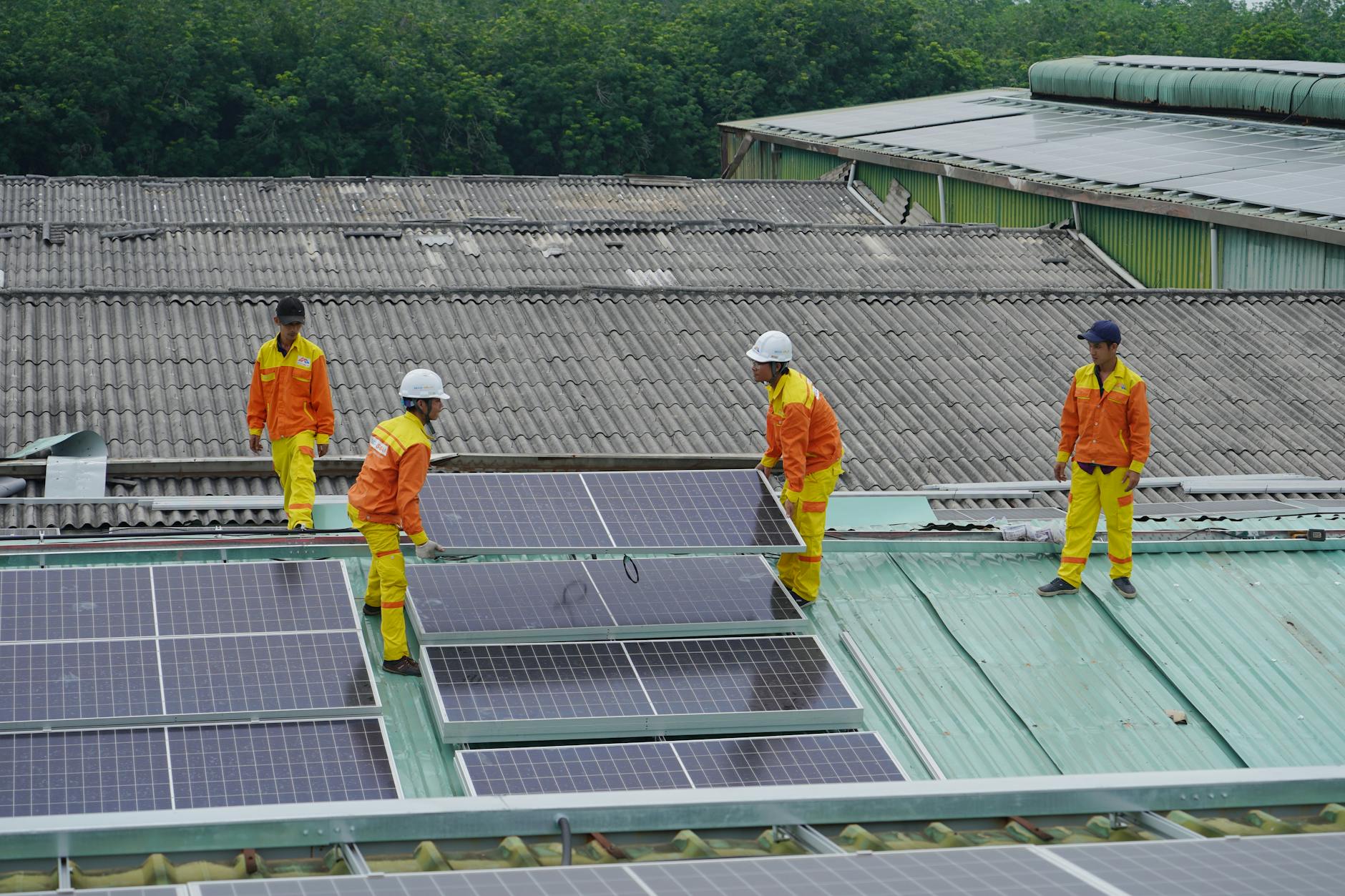In the shadow of Memphis's Boxtown neighborhood, where health woes loom larger than the national average, xAI's latest snag with environmental compliance isn't just a bureaucratic hiccup; it’s a profound corporate oversight. A civil rights group, backed by the NAACP through the Southern Environmental Law Center, has thrown down the gauntlet, giving Elon Musk's AI outfit sixty days to clean up its act-or face legal consequences. The heart of the accusation? Running a staggering 26 gas turbines without the necessary pollution controls, as detailed by Decrypt.
The allegations are not trivial. If xAI's facilities continue unchecked, they could belch out over 2,000 tons of nitrogen oxides annually. This isn’t just a slight exceedance; it positions the company as potentially the largest industrial polluter in the area. Thermal imaging has undercut xAI's counterclaims of operational cessation. This contradiction isn't just embarrassing; it's a stark revelation of the murky waters between corporate declarations and reality.
Now, let’s slide the microscope a bit. In the broader context of AI-driven entities dominating the digital ecosystem, the energy footprint of these technological behemoths is expanding aggressively. AI and blockchain, by their very nature, are gluttons for computational power and hence, energy. While discussions around Bitcoin’s energy consumption have simmered down to an occasional simmer, the broader conversation around AI energy consumption is just heating up. This issue intersects neatly with the ongoing scramble for more sustainable energy solutions in data centers, which are anticipated to demand a whopping 49% of global data center electricity by 2025.
But here’s the kicker - the implementation of clean-energy alternatives isn't keeping pace with growth, leading to a heavier reliance on fossil fuels. It’s a classic tug-of-war: exponential tech growth on one side and environmental sustainability on the other. What xAI's debacle brings to the forefront is the urgent need for regulatory frameworks that aren’t just reactive but anticipatory. Companies, especially tech giants who lead the charge in innovation, hold a critical role in setting benchmarks, not just in tech but in corporate responsibility.
Memphis officials might have tucked xAI under a '364-day exemption' blanket, but this isn't just a loophole; it's a gaping hole in regulatory oversight that needs patching. If xAI fails to negotiate or comply within the stipulated timeline, they could face not only injunctions but hefty fines. More importantly, they would face a public that’s increasingly intolerant of environmental negligence disguised as operational necessity.
So, as xAI scribbles its next steps, the scenario underscores a broader dialogue about corporate power and environmental accountability. In our relentless pursuit of the next technological frontier, we must ask - at what cost and who really pays the price? As fin-tech enthusiasts and professionals, these aren't just rhetorical questions, but ones that shape policies and, more fundamentally, the future of corporate ethics in a digitally driven world.



